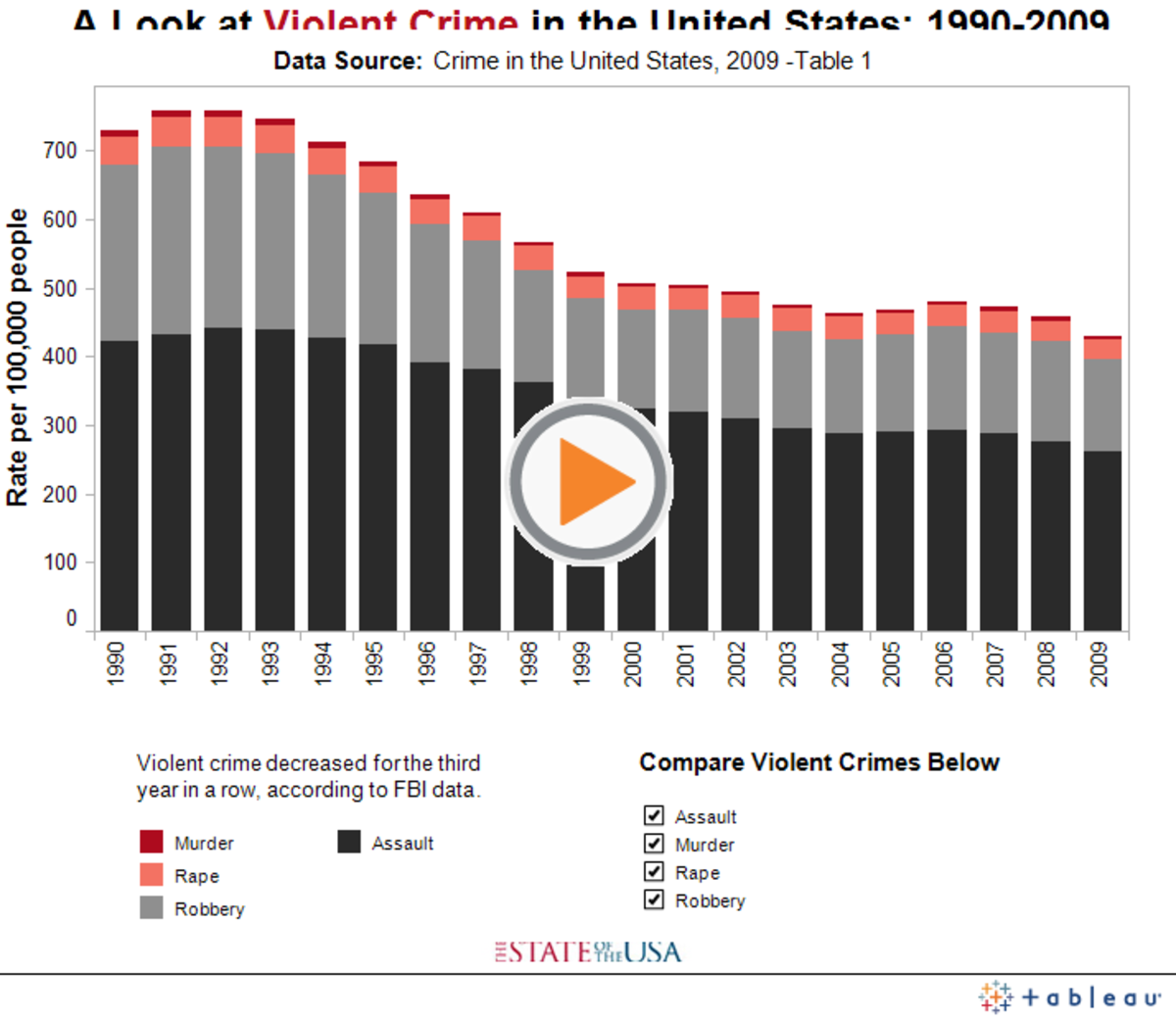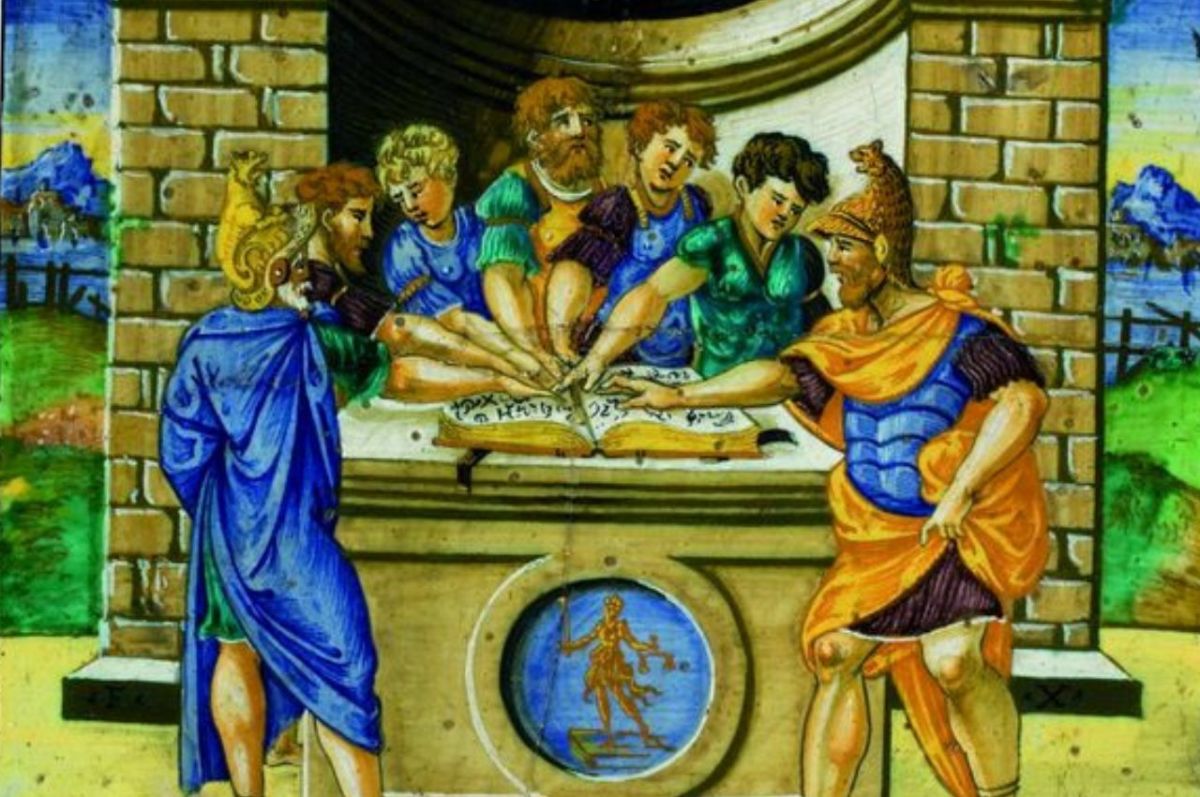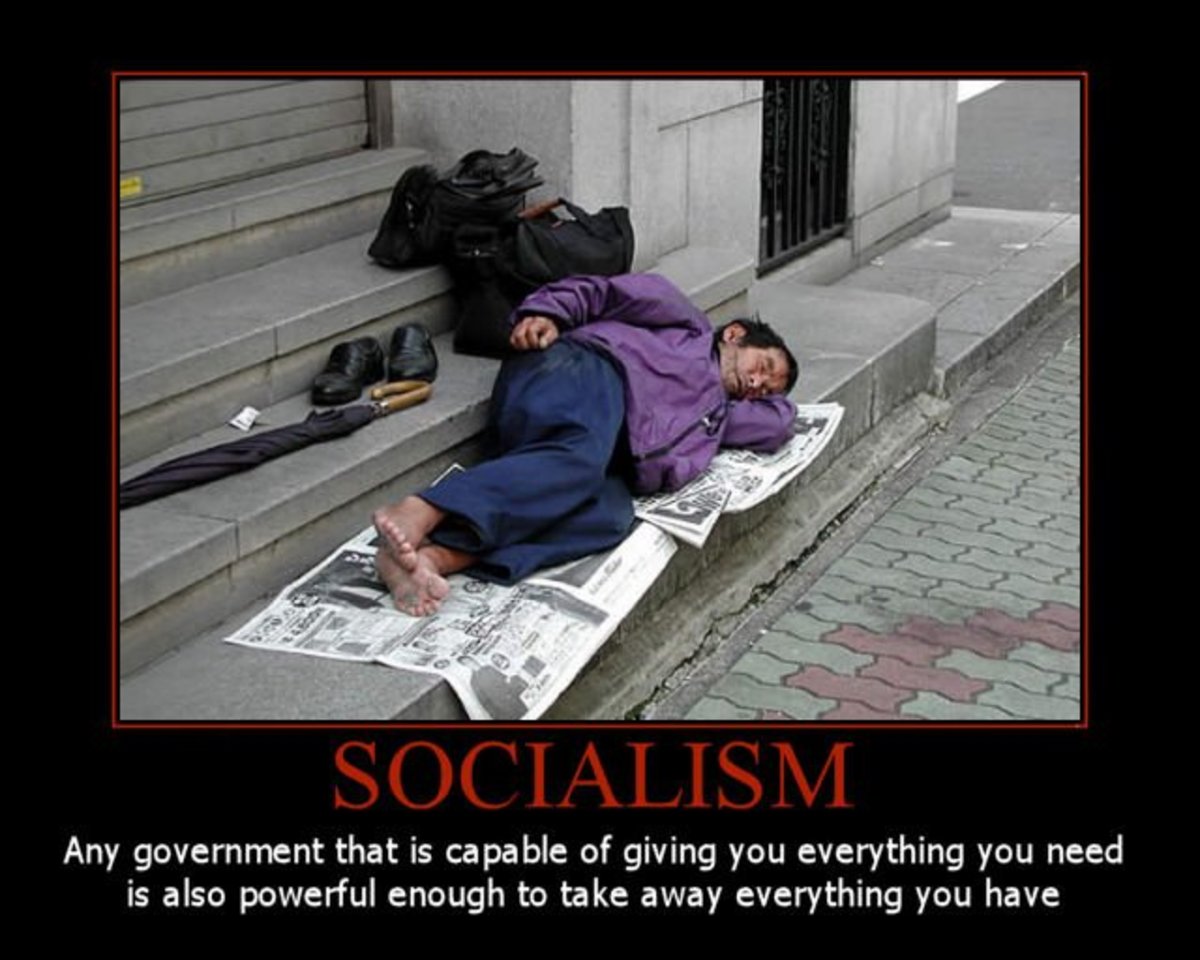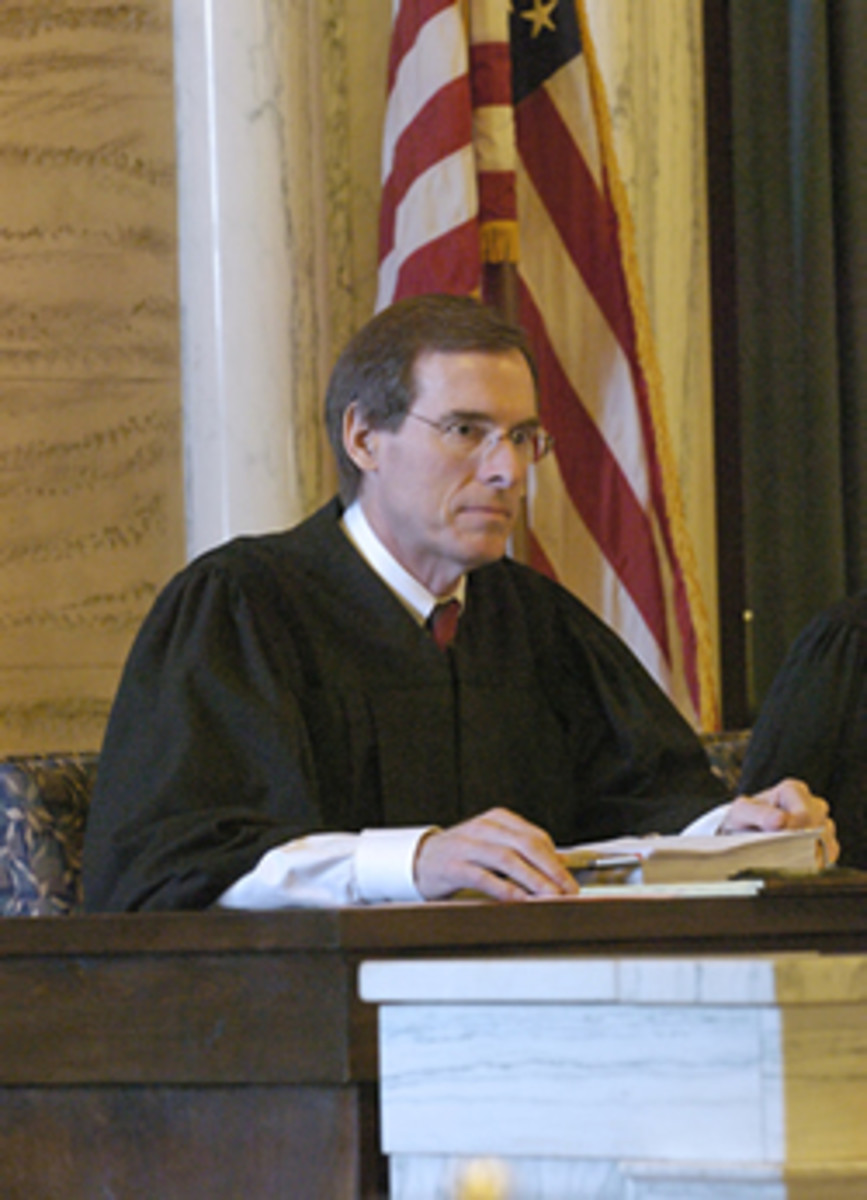What is Crime - is it merely breaking the criminal law? Or is it something more?

The Orthodox View and Its Problem
The usual conception of crime by the general public is that crime is the simple characterization of behaviors which are in breach of the criminal law. Tappan also held the same view. Arguing that crime covers a wide range of types of behaviors, a meaning to crime can only be properly attached to those behaviors by criminal law. This is because only criminal law laid down rules in clear, extensive and objective terms. As such, Tappan defined crime as an intentional act committed in violation of the criminal law without any legal excuse and is punished by the state as a crime.
However the problem is that the criminal law always changes. There can be newly criminalized behaviors (the classic example of marital rape) and there can be behaviors which are decriminalized (eg. abortion, same sex marriage). The logical question which we have to ask ourselves is this : is crime a concept that is dependent on contemporary conditions or is it an objective idea like *Plato's idea of justice?
*Plato through his parables of cave believed that every concept is objective but only certain people will be able to see and grasp the objectivity of that particular concept.
According to Athenian law, Socrates was a criminal, his crime being his possession of radical (in his time) thoughts. But generations later, we see that his thoughts are developed and followed. Do we say that he was wrongly convicted?
Slaves who were thought to be property to men were treated inhumanely and still was in accordance with the law. Is this fine and not a crime?
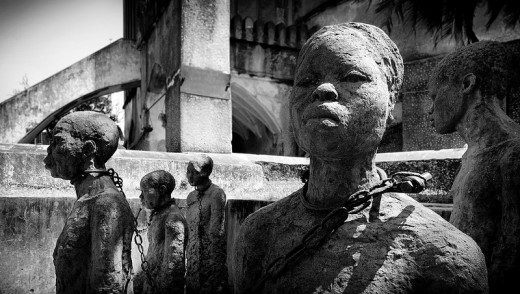
If both the questions are not met with affirmations, it means that we are holding on to an objective idea of crime. Crime is something fixed and universal, not dependent on any particular society.
If we answer yes to (both) the questions, it shows that we are leaning towards a subjective conception of crime, in means that crime is dependent on political, social, and economic conditions of a particular time. And hence to understand "crime" we have to understand those conditions and how human behaviors respond to them.
In short, the orthodox view of crime relates with the conformity to criminal law. But the problem is that changes in the criminal law prompt us to question whether we believe crime is a relative concept or one which is objective.
The Alternative Frames
Briefly, the alternative perspectives to understand crime are elaborated below.
There are two takes on the objective view of crime which will be discussed. The first revolves around religion. The second is from Sutherland.
Subjectively, crime can be a social construction. A more radical thought is to see that 'crime' is only a tool used to control the society.
These perspectives are discussed below in distinctive headings for readers' convenience.
Another perspective in which crime can be looked at is through the social and political aspect. David Garland is of the belief that crime was now a core category of governing. This is because crime give rise to a new culture - the culture of control. He believed that how a particular society reacts to an event is dependent on how the nature of event was defined or categorized. Societal responses only follow once a particular event has been classified. For example, the missing flight of MH17 has been termed as an accident. Some classified it to be a terrorist attack. Societal responses will hence follow depending on the classifications.
Opposing God's Will
It is believed that God created the universe and to aid mankind in their development of humanity, God sent us messages. Therefore, any behavior which is not in accordance with God's will must be crime. Crime can thus be certain and objective. But this kind of approach is met with obvious problems. Among them are "how do we prove the existence of God?", "how do we determine the one exact message which is believed or received by everyone?". This problem is more apparent in the western countries like America where there were massive religion conflicts which led to the separation of church and state.
Objective moral wrong
The orthodox view believed that crime is what is in criminal law. Sutherland took an extra step to explain why criminal law changes. He argued that crime is attached to behaviors which are objectively seen as being morally wrong and harmful to society. And as they are socially harmful, these behaviors have to be criminalized. The question here is if we believe that there is a thing such as objective moral wrong. I think different people uphold different moral standards. Should there be an objective standard, it would only be the small areas of overlapping of the different moral standards in the society. The idea of Sutherland is inspiring but it is difficult to have an objective moral wrong. It can be observed from public opinion polls that there is hardly consensus on whether some crimes should actually be crime.

Social Construction
Louk Hulsman believed that crime has no ontological reality. Crime is not the object but the product of criminal policy. Further, anthropological evidence shows that different social groups identified troublesome situations and individuals differently. As such, crime should not be an objective concept.
The father figure of sociology, Emile Durkheim was of the stand that crime is a complex interaction of many processes. It involves:
- A particular society creating a concept of crime
- Identifying events as crime (based on the concept created)
- Responses to the events / behavior
- Formal activities of state agencies in concluding the person as criminal
- Punishment
From Durkheim, we can hence understand that it is possible for crime to merely be a form of socially constructed grid. This has also been brought further by Howard Becker in his labeling theory. Becker believed that crime is merely a label applied to acts. It is not a reflection of events. This means that the event wherein a person is robbed, is not seen as crime; the act of robbing, however, is. Therefore, his theory is dependent on how successfully the label can be applied. As such, an effective labeling can only be properly done by the majority. Any behavior which deviated from the norm (behavior of majority) is probable to be labeled 'crime'. Crime in this understanding is a social construct.
Nills Christie in supporting Becker took a further step. He believed that we can understand what crime is and may lower the rate of 'crime' if we understand the social conditions that encourage or prevent the giving of acts the meaning of crime.
Tool of the Powerful
Building from the work of Karl Marx and Howard Becker, William Chambliss and Richard Quinney portrayed crime as the ability of the powerful (or influential) in the society to define and shape crime as how they wish. This effectively means they are able to control the powerless in order to secure their own social and economic interests. Those in a position of power hence mould 'crime' in such a manner in which the society's attention is focused upon the wrongdoings of the powerless. As such, the powerful may get away with the crimes that they do. This is termed 'mystification' by Steven Box.
Globalisation
A more recent idea emerged after the Second World War. There should be a way to define crime in the global sense. Wayne Morrison argued that 'crime' should also take into account 'international crime'. Otherwise a crime which involves more than one country might not be handled fairly enough. For example, incidents such as The Holocaust or 9/11 attack was either not defined as crime or not responded appropriately. Although this strikes a real angle to the nature of crime, it may not be possible to have such a wide and uniform definition of crime to be applied across the globe having known the diversity of criminal activities and operations.
A short documentary on The Holocaust
Conclusion
As a journey that we have taken together, have seen that there can be various frames to what crime is. The different ideas which arose were each respectively in reflection of their social and historical context. Criminal law can of course define crime by itself. But crime as a social construction and the other perspectives hold their degree of truth in our contemporary society as well. As such, whilst we are free to believe in whichever perspective, the emergence of these perspectives necessary mean that the criminal law can only be a point of reference. Further, we have also seen that the 'crime' label cannot be uniformly attached to actions which involved more than a country. So, what is crime? I hope you've made your mind.


